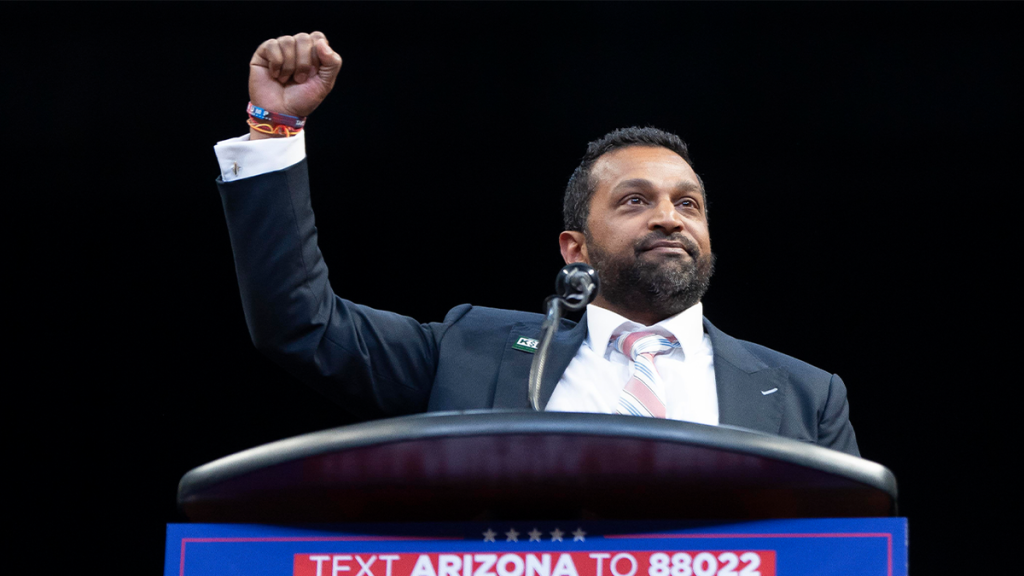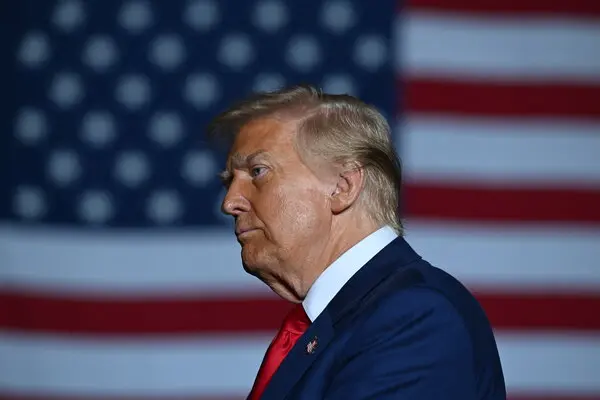On December 11, 2024, FBI Director Christopher Wray announced his resignation, effective January 2025. This announcement set the stage for anticipated changes in the leadership of one of the most critical federal agencies. President-elect Donald Trump expressed fervent support for this decision, calling it a “great day for America.” His desire to end what he termed the “weaponization” of the FBI has sparked discussions on the agency’s future direction.
The Resignation of Christopher Wray
Christopher Wray, who was appointed by Trump in 2017, has led the FBI for several years amid significant political challenges. His tenure included overseeing investigations related to Russian interference in the 2016 election, which created friction between him and Trump. Just weeks before Wray’s resignation, Trump had voiced his dissatisfaction with the FBI’s actions, particularly concerning a search of his Mar-a-Lago residence linked to classified documents. The culmination of these tensions ultimately led Wray to decide it was time to step down.
Wray announced, “After weeks of careful thought, I’ve decided the right thing for the Bureau is for me to serve until the end of the current Administration.” He highlighted that his decision aimed to maintain stability within the bureau during this transitional phase. Additionally, Wray expressed pride in the agency’s mission and dedication to serving the American people.
Trump’s Reaction to Wray’s Departure
Following Wray’s announcement, Trump’s reaction was one of clear approval. He stated, “The resignation of Christopher Wray is a great day for America as it will end the weaponization of what has become known as the United States Department of Injustice.” This assertion reflects Trump’s long-standing view that federal institutions, particularly the FBI, have been politicized.
Trump underscored his intent to restore “the rule of law for all Americans.” He claimed that Wray’s leadership had strayed from these principles, alleging that the FBI had engaged in improper actions, such as pursuing legal actions against him. According to Trump, “They have used their vast powers to threaten and destroy many innocent Americans.”
Introducing Kash Patel as Nominee

As Wray departs, Trump aims to appoint Kash Patel, a close ally and former national security aide, to replace him. Trump referred to Patel as “the most qualified nominee to lead the FBI in the agency’s history.” This endorsement positions Patel as a key player in the reimagining of the FBI, aligning with Trump’s broader agenda.
Patel’s reputation stems from his loyalty to Trump and his goal of what he describes as rooting out the “Deep State.” His vision involves a redefined mission for the FBI that would prioritize transparency and responsiveness to the American public. In a statement, Patel expressed his excitement for the transition, saying, “I look forward to a smooth transition. I will be ready to serve the American people on day one.”
Patel’s Qualifications and Support
Kash Patel has garnered support within certain circles, particularly among conservatives eager for change. Colleagues from his tenure have expressed confidence in his capabilities. His background includes significant roles in the Trump administration, where he was instrumental in various initiatives. His directness and commitment to reshaping governmental operations resonate well with Trump’s base.
In recent days, Patel has met with senators to garner support for his confirmation as the new FBI director. Trump’s backing significantly bolsters Patel’s position. During this period, public discourse highlights the importance of determining whether Patel can effectively balance the FBI’s mandate while navigating political pressures.
Implications for the FBI’s Future
Wray’s resignation implications for the FBI are profound. Over the years, the agency has faced notable scrutiny amid investigations into Trump. Some worry that Patel’s appointment could further politicize the FBI, although others argue that change is necessary. An effective FBI should be insulated from political winds to uphold its mission of justice and law enforcement.
Recent history shows that several FBI directors have found themselves mired in controversy. Wray’s announcement reflects a new chapter for the bureau. The FBI aims to maintain its commitment to integrity and accountability even as leadership changes. Patel’s approach will ultimately determine how the agency evolves under his stewardship.
A Call for Calibrated Justice

Amid the changes, Trump’s demand for “a strong, but fair, system of justice” underscores the challenges ahead. He noted that both he and the American people expect a recalibration of how the FBI functions. The transition points to potential reforms, especially in how investigations are conducted and how public trust is restored.
Trump’s long-standing critique of the FBI provides a backdrop for these changes. He frequently expressed frustration with the agency’s perceived failures to adequately address rising crime rates. His belief underscores a desire for practical solutions alongside political accountability.
The Insulation of the FBI from Politics
Historically, the FBI has strived to maintain a certain level of independence from the political fray. The position of FBI director, designed to have a 10-year term, was created to provide a buffer against the direct influence of politics. However, frequent leadership changes raise questions about this intention. How an incoming administration manages its FBI relations will significantly affect public perception and agency effectiveness.
In recent years, the FBI’s investigation into various matters—including the Capitol attack on January 6, 2021—has prompted discussions about accountability. Trump’s administration harbors some skepticism about the FBI’s direction, emphasizing the need for reform.
Conclusion: Looking Ahead
As the leadership landscape shifts, the future of the FBI hangs in the balance. Wray’s resignation has laid the groundwork for a significant transformation, signaling a new era in the agency. The path forward will be fraught with challenges, especially balancing political expectations with the core mission of law enforcement.
Ultimately, the success of this transition hinges on Kash Patel’s ability to navigate the complexities of FBI leadership. The American public will watch closely as these developments unfold, hoping for a more transparent and effective justice system.
Sources:
